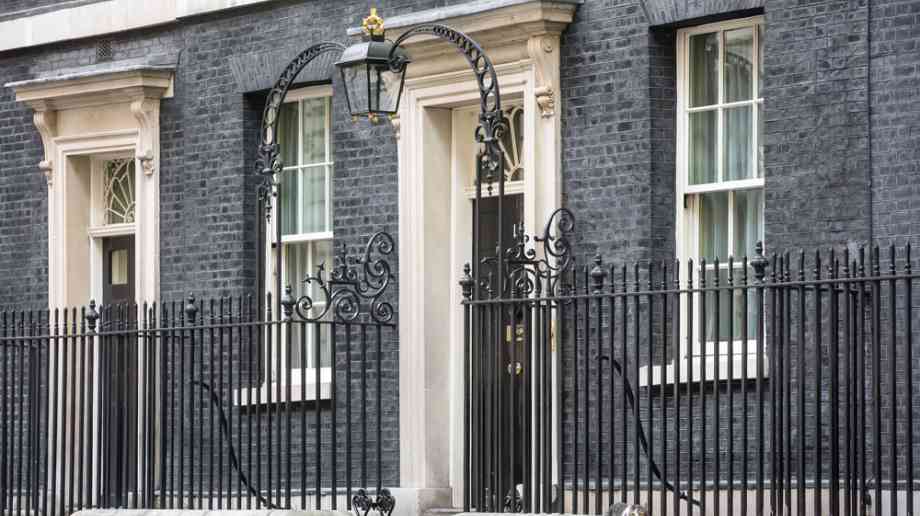Details of budget announced

The Chancellor Rachel Reeves has delivered the Autumn Budget.
Details were revealed ahead of schedule after the Office for Budget Responsibility published their growth forecast early.
The two-child benefit cap within universal credit will be lifted from April 2026. The removal will cost £2.3 billion in 2026- 27 and £3.0 billion in 2029-30 according to the OBR. The cap, which was introduced under the Conservative government has been criticised for driving child poverty.
Energy bills are expected to fall after some levies were removed.
Stew Horne, Group Head of Sector Intelligence and External Affairs at Energy Saving Trust said: “While immediate action to reduce energy bills will be welcome news for many households, it’s disappointing that this choice will result in a significant reduction of the funding available to permanently lower bills and make homes warmer.
“The reality is that this Budget has taken away from the total funding earmarked for upgrading people’s homes, putting fuel poverty and climate targets at risk. We now urgently need to see the publication of the Warm Homes Plan, which must set out how it will deliver home upgrades at pace to achieve the ambitious targets set out by this UK Government.”
The freeze in income tax thresholds has been extended for another three years, until April 2031. Salary sacrifice pension contributions above £2000 will be subject to National Insurance from April 2029 - this will raise £4.7 billion.
The minimum wage for over-21s will rise 4.1 per cent in April, from £12.21 to £12.71 per hour, while the wage for 18 to 20-year-olds will go up 8.5 per cent. This is part of a plan to establish a single rate for all adults, regardless of age.
Some benefits, including all the main disability benefits, such as personal independence payment, attendance allowance and disability living allowance, as well as carer's allowance will rise by 3.8 per cent in April
From 2028, houses worth more than £2 million will be subject for more tax, in the form of a council tax surcharge. This will affect 100,000 properties and could raise £0.4 billion.
Meanwhile, the 5p temporary cut in fuel duty on petrol and diesel will be extended.
Regulated rail fares for journeys in England will be frozen next year for the first time since 1996.
Other measures that were previously announced include extending the sugar tax to milk-based drinks, giving mayors to power to tax overnight stays and freezing prescription charges.
Chancellor of the Exchequer, Rachel Reeves said: "I can tell you today that, for every family we are keeping our promise to get energy bills down and cut the cost of living with £150 taken off the average household energy bill from April.
"Money off bills, and in the pockets of working people. That is my choice."
Jonathan Carr-West, Chief Executive, Local Government Information Unit (LGIU), said: “There was little in this Budget to address the real risks facing local government: SEND, temporary accommodation, adult social care. But it did reveal something about the government's underlying attitude toward councils.
"Pots of money handed out to individual areas will, of course, be welcome — and we know that councils will use every pound to great effect. But these one-off allocations are no substitute for a fair, sustainable funding system that genuinely empowers local government.
"It’s right that local areas should be able to decide whether a tourist tax is right for them. But why should this be limited to mayors? Why not trust local leaders and councils? Why not bring it nearer to communities?
"Most telling of all is the introduction of an additional levy on council tax — money that won’t support cash-strapped councils but will instead go straight back to Whitehall not the town hall."
Cllr Claire Holland, Chair of London Councils, said: “London is a crucial part of the UK economic engine and we welcome the measures announced today that will help us boost growth in the capital and contribute to national prosperity.
“Government investment in transport infrastructure is essential for accelerating growth in London and supporting the delivery of new housing. We have consistently made the case for the DLR extension to Thamesmead, along with the Mayor of London and business leaders. We are pleased to see the Chancellor backing delivery of this vital project, which will help unlock thousands of new homes and jobs.
"Greater fiscal devolution and local empowerment is critical to addressing the crisis in council finances and stalled growth. We welcome confirmation that London will be able to introduce an overnight accommodation levy. This is something we have long called for and we look forward to working with the government and the Mayor on the design and implementation of the levy, in order to ensure this is a success for Londoners and our tourist industry."







